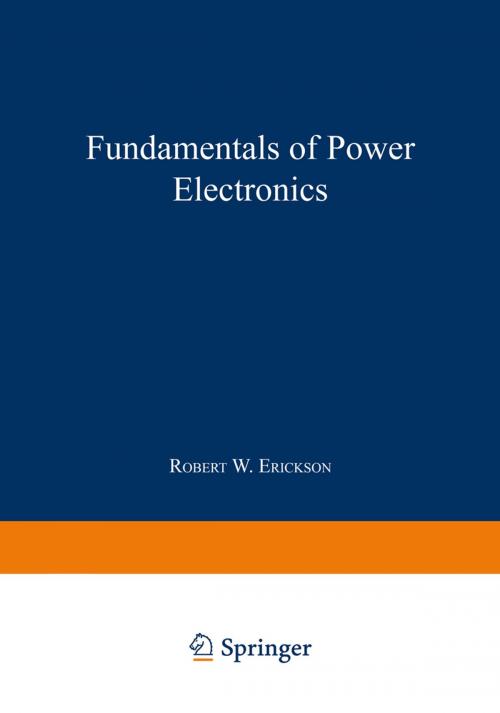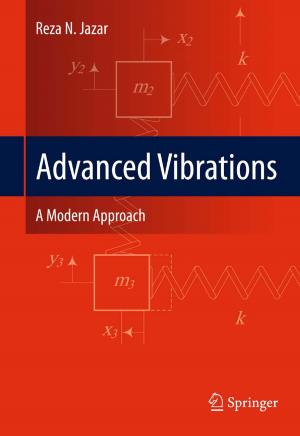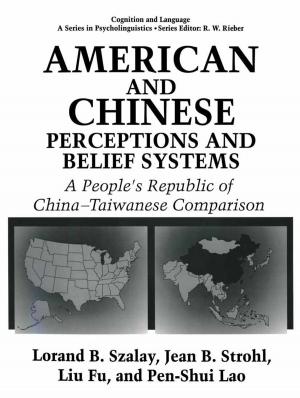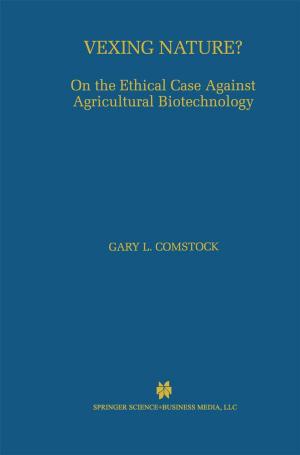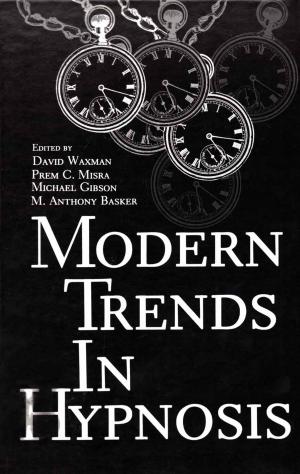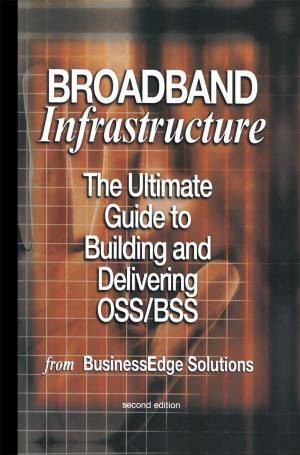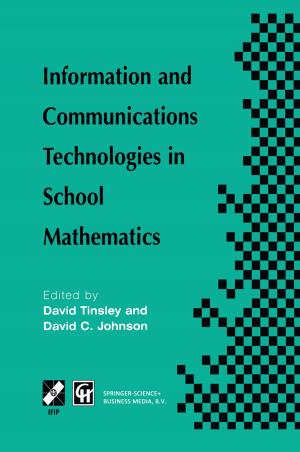| Author: | Erickson | ISBN: | 9781461576464 |
| Publisher: | Springer US | Publication: | June 29, 2013 |
| Imprint: | Springer | Language: | English |
| Author: | Erickson |
| ISBN: | 9781461576464 |
| Publisher: | Springer US |
| Publication: | June 29, 2013 |
| Imprint: | Springer |
| Language: | English |
In many university curricula, the power electronics field has evolved beyond the status of comprising one or two special-topics courses. Often there are several courses dealing with the power electronics field, covering the topics of converters, motor drives, and power devices, with possibly additional advanced courses in these areas as well. There may also be more traditional power-area courses in energy conversion, machines, and power systems. In the breadth vs. depth tradeoff, it no longer makes sense for one textbook to attempt to cover all of these courses; indeed, each course should ideally employ a dedicated textbook. This text is intended for use in introductory power electronics courses on converters, taught at the senior or first-year graduate level. There is sufficient material for a one year course or, at a faster pace with some material omitted, for two quarters or one semester. The first class on converters has been called a way of enticing control and electronics students into the power area via the "back door". The power electronics field is quite broad, and includes fundamentals in the areas of • Converter circuits and electronics • Control systems • Magnetics • Power applications • Design-oriented analysis This wide variety of areas is one of the things which makes the field so interesting and appealing to newcomers. This breadth also makes teaching the field a challenging undertaking, because one cannot assume that all students enrolled in the class have solid prerequisite knowledge in so many areas.
In many university curricula, the power electronics field has evolved beyond the status of comprising one or two special-topics courses. Often there are several courses dealing with the power electronics field, covering the topics of converters, motor drives, and power devices, with possibly additional advanced courses in these areas as well. There may also be more traditional power-area courses in energy conversion, machines, and power systems. In the breadth vs. depth tradeoff, it no longer makes sense for one textbook to attempt to cover all of these courses; indeed, each course should ideally employ a dedicated textbook. This text is intended for use in introductory power electronics courses on converters, taught at the senior or first-year graduate level. There is sufficient material for a one year course or, at a faster pace with some material omitted, for two quarters or one semester. The first class on converters has been called a way of enticing control and electronics students into the power area via the "back door". The power electronics field is quite broad, and includes fundamentals in the areas of • Converter circuits and electronics • Control systems • Magnetics • Power applications • Design-oriented analysis This wide variety of areas is one of the things which makes the field so interesting and appealing to newcomers. This breadth also makes teaching the field a challenging undertaking, because one cannot assume that all students enrolled in the class have solid prerequisite knowledge in so many areas.
